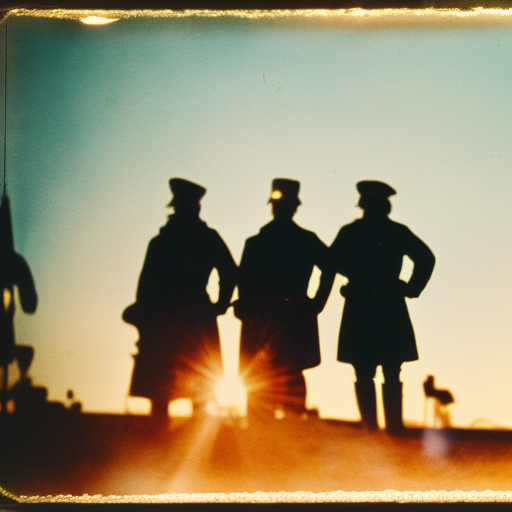The Gaspee Affair: A Prelude to Revolution
The Gaspee Affair was a significant event that occurred on June 9, 1772, in Rhode Island, which played a crucial role in fueling the flames of the American Revolution. It involved the burning and destruction of the British customs schooner, HMS Gaspee, by a group of American colonists. The incident highlighted the growing tensions between the American colonists and the British authorities, ultimately contributing to the call for independence.
The Background
During the 1760s and 1770s, the British government imposed a series of acts and taxes on the American colonies, such as the Sugar Act and the Stamp Act, to help cover the costs of the French and Indian War. These measures were met with widespread resistance from the colonists, who believed that they were being unfairly taxed without representation in the British Parliament.
The Gaspee
The HMS Gaspee was a British customs schooner tasked with enforcing the Navigation Acts, which regulated trade in the American colonies. Under the command of Lieutenant William Dudingston, the Gaspee patrolled the waters off the coast of Rhode Island, intercepting and seizing ships suspected of smuggling.
The Incident
On June 9, 1772, the Gaspee ran aground near Warwick, Rhode Island, while pursuing a suspected smuggling vessel. News of the stranded ship quickly spread, and a group of American colonists, led by John Brown and Joseph Bucklin, saw an opportunity to strike a blow against British authority.
Under the cover of darkness, the colonists rowed out to the Gaspee, overwhelmed its crew, and set the ship ablaze. Lieutenant Dudingston was wounded in the attack but survived. The colonists then rowed back to shore, leaving the Gaspee to burn and sink.
The Aftermath
The burning of the Gaspee was met with mixed reactions. While some Americans celebrated the act as a bold statement against British tyranny, others feared the repercussions it might bring. British authorities, determined to bring the perpetrators to justice, offered a reward for information leading to their capture.
However, the colonists closed ranks and refused to cooperate with the investigation. This act of solidarity demonstrated the growing unity among the American colonies and their willingness to resist British authority.
The Significance
The Gaspee Affair had far-reaching consequences. It further strained the relationship between the American colonists and the British authorities, as it highlighted the colonists’ willingness to take direct action against British enforcement. The incident also demonstrated the colonists’ growing sense of unity and their determination to resist British rule.
Moreover, the British response to the Gaspee Affair, which included the establishment of a commission of inquiry and the suspension of the colonial government of Rhode Island, only served to further alienate the colonists and fuel their desire for independence.
The Gaspee Affair was a significant event that foreshadowed the American Revolution. It demonstrated the colonists’ willingness to take direct action against British authority and highlighted the growing tensions between the American colonies and the British government. The incident also played a role in fostering a sense of unity among the colonists and strengthening their resolve to fight for their rights and independence.












